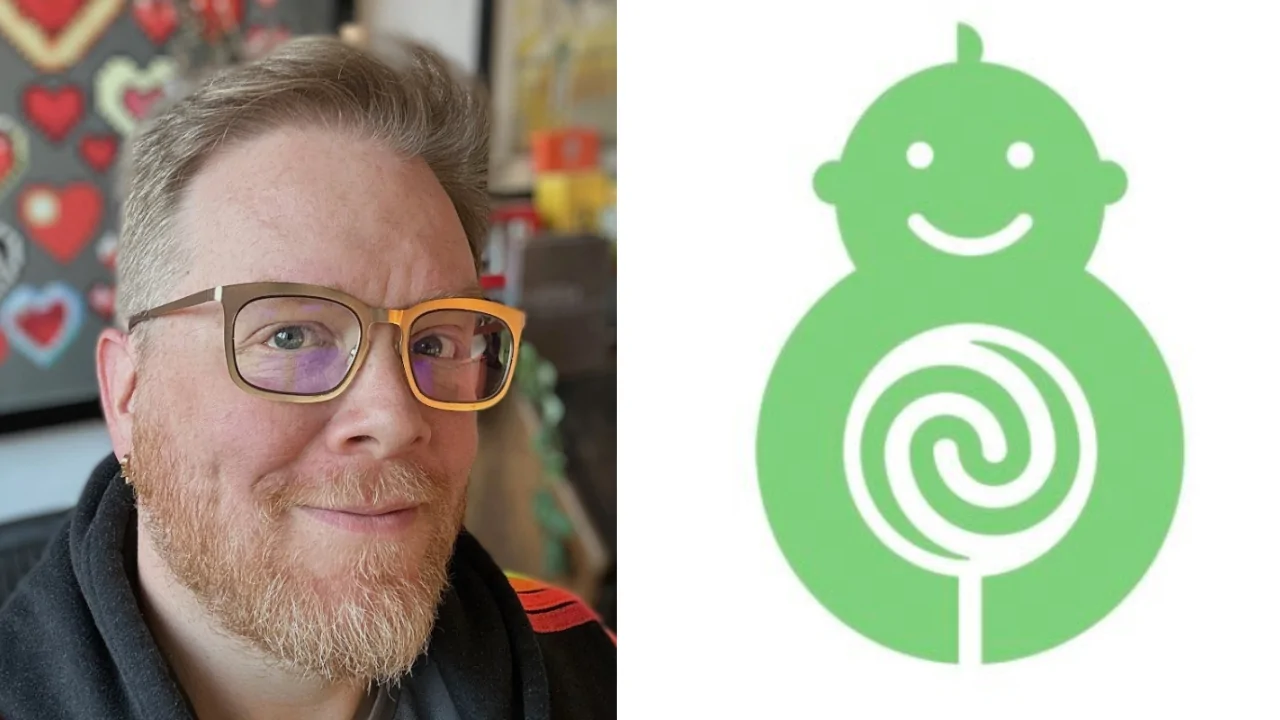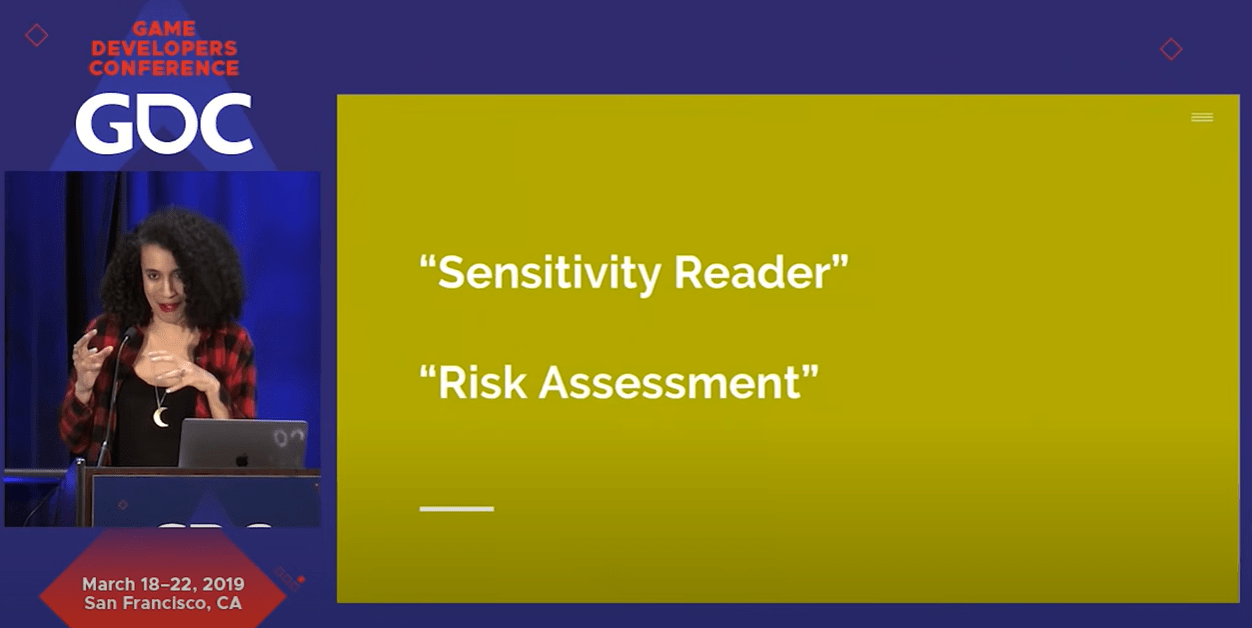
Grant Roberts, a former Sweet Baby Inc. employee who is now the Narrative Director and Associate Studio Director at Longdue, made it clear that the company has no plans to change despite the massive backlash it has received for pushing its woke ideology into video games.

A screenshot from Marvel’s Spider-Man 2 (2023), Insomniac Games
Roberts, who worked with Sweet Baby Inc. as a narrative director for a year and a half told TheGamer that developers are still working with the company and that the backlash will not stop the company’s agenda.
Roberts first asserted that companies were not pulling their support from Sweet Baby Inc., “When it really reached its apex, when Elon Musk was tweeting about us, companies were reaching out to us privately and showing support. Nobody was pulling that support.”
He then attempted to explain why there is hardly any support for the company being made publicly, “I think the reason why we’ve had more support privately than publicly is because when people do speak up publicly […] we knew that they were opening themselves up to attacks.”

A screenshot from God of War Ragnarök (2024), Santa Monica Studio
Roberts went on to declare that he wished more companies did speak out publicly to defend Sweet Baby Inc. and its woke agenda, “What I personally would have liked to see is more institutions saying that this is wrong, that this is happening, that people are being targeted in this way.”
“That Sweet Baby isn’t just a DEI company or a company that makes things more woke – not that there’s anything wrong with that in the first place, but even if there was, that’s not everything that we do,” he continued. “It would have been nice to have seen more people and institutions learn the lessons of ten years ago.”

A screenshot from Alan Wake 2 (2023), Remedy
While he left Sweet Baby Inc. seemingly in October, he informed TheGamer he would go back, “I would go back to work at Sweet Baby in a heartbeat. I would hire Sweet Baby in a heartbeat.”
“Even though I’ve been doing this for a quarter of a century, I still learned an incredible amount from the people there, both about game development and otherwise […] Even [with] the experiences of the last year and a half, which have been mostly bad, I’ve learned a lot during that as well,” he said.

Sweet Baby Inc. About Us section
READ: Former Games Journalist Attempts To Gaslight Gamers About DEI Consultants
Next, Roberts declared that Sweet Baby’s woke agenda is inevitable, “The world is the way it is now. These games are more inclusive for people. Games are more authentic, and it doesn’t matter whether you think that’s true or not, it’s happening.”
“And so, no matter what these people do, they’re not gonna stop us. They’re not going to stop the way that the world is now,” he declared.

Suicide Squad: Kill the Justice League Sweet Baby Inc. credits
Not only did Roberts claim that the company’s woke agenda is inevitable, he also attempted to claim that Sweet Baby Inc. is not injecting wokeness into video games or strong arming developers into doing so.
He said, “What Sweet Baby has not done is show up at game studios and say, ‘Hey, we’re making your game woke now, or else.”
“Sweet Baby is a work-for-hire company, like a lot of these other consultant companies are. People hire us to do the work. […] Studios come to Sweet Baby because they want help, because they want to make their game better,” he stated.

A screenshot from Sable (2021), Shedworks
He then bemoaned, “One of the most frustrating parts about the events over the last year and a half is just this incredible level of misunderstanding, both deliberate and assisted. It’s not how it works. That’s not what we do.”
We didn’t put pride flags in Spider-Man 2. This has all been on the internet. It’s all out there. We didn’t make Saga Black in Alan Wake 2. That’s not what happens,” he alleged.
From there he stated, “It fits into this sentiment that it can’t possibly be true that these companies want to make their games more inclusive and more authentic, and has to be somebody forcing that on them.”

A screenshot from Alan Wake II (2023), Remedy Entertainment
Unfortunately for Roberts, much of his claims are directly contradicted by Sweet Baby Inc. CEO Kim Belair. In a presentation at the Game Developers Conference in 2019, Belair made it abundantly clear what her company’s goals are and what kind of tactics it employs to get work.
At the beginning of her presentation, she stated, “We do narrative development in games and kind of beyond and we try to bring inclusion, diversity, and new ideas kind of to the industry.”
She also revealed the company does sensitivity reading, “We need sensitivity readers. We need risk assessment. And these are like, again, important services that I literally like list on every PDF that I send out to be like, ‘Hey, I can do risk assessment and sensitivity reading.’”
Later on in her presentation, Belair admitted that she did indeed attempt to get a developer to race swap one of their characters from a stereotypical white Frenchman to a “person of color.”
She explained, “I once worked on a project where they had an all-white cast where they expressed their desire, ‘Okay, we need to mix it up a bit. How about this character’s like stereotypically French.’ So they have a beret and they have like a striped shirt. And I was like, ‘Okay, if you need to do that, can we at least make them a person of color?’ And they said, ‘Oh no, that would be weird. They’re already French.’”
“So I want to do better than this,” she asserted.

Kim Belair via GDC YouTube
She also infamously shared that employees at AAA developers should terrify executives with social media cancel mobs if they do not hire Sweet Baby Inc. and consultancies like them.
Belair said, “If you’re creative working in AAA, which I did for many years, put this stuff up to your higher-ups. And if they don’t see the value and what you’re asking for when you ask for consultants, when you ask for research, go have a coffee with your marketing team and just terrify them with the possibility of what’s going to happen if they don’t give you what you want.”
“Because they have to consider– I say that out loud as a joke, but it’s actually very, very true because if you start to consider the people who are player and audience facing and you have to deal with mitigating harm and with keeping the sentiment around their game and their project positive, there’s like a genuine value that you could impress upon them both ethically and financially. You could say this is important,” she said.
Belair elaborated, “It’s also a valid discussion to have because if you’re working with a thin narrative budget and you work in AAA, I think you’ll be pleasantly surprised or dismayed by the amount of money that marketing can give you.”
As she got to the end of her presentation, Belair would also admit what she’s doing is injecting wokeness into the video game industry, “None of what we’re doing is about ticking boxes or about a veneer of wokeness. We actually have to care about making this stuff.”

Sweet Baby Inc. CEO Kim Belair via InclusionFX YouTube
On top of Belair’s comments, Sweet Baby Inc. employee Camerin Wild admitted that his goal is “burning the games industry to the ground.”
During a presentation at the Game Developers of Color Expo, a slide titled “Cool, so why am I here?” features a bullet point that states, “Burning the games industry to the ground.”

Camerin Wild via Game Devs of Color Expo YouTube
In the next slide titled “So why am I still here?” One of the bullet points states, “To prove that space where whiteness doesn’t have to live-is where some of the best stories are told.”
Wild explained, “A lot of us who are really fighting for more inclusive games and storytelling don’t have a choice when it comes to discomfort. A lot of us who are just existing don’t have a choice. Which makes this really hard often. But recently I started realizing that discomfort or the place where whiteness doesn’t have to live is where some of the best stories are told. And it’s where genre storytelling lives.”

Camerin Wild via Game Devs of Color Expo YouTube
What do you make of Grant Roberts’ claims about Sweet Baby Inc.?


